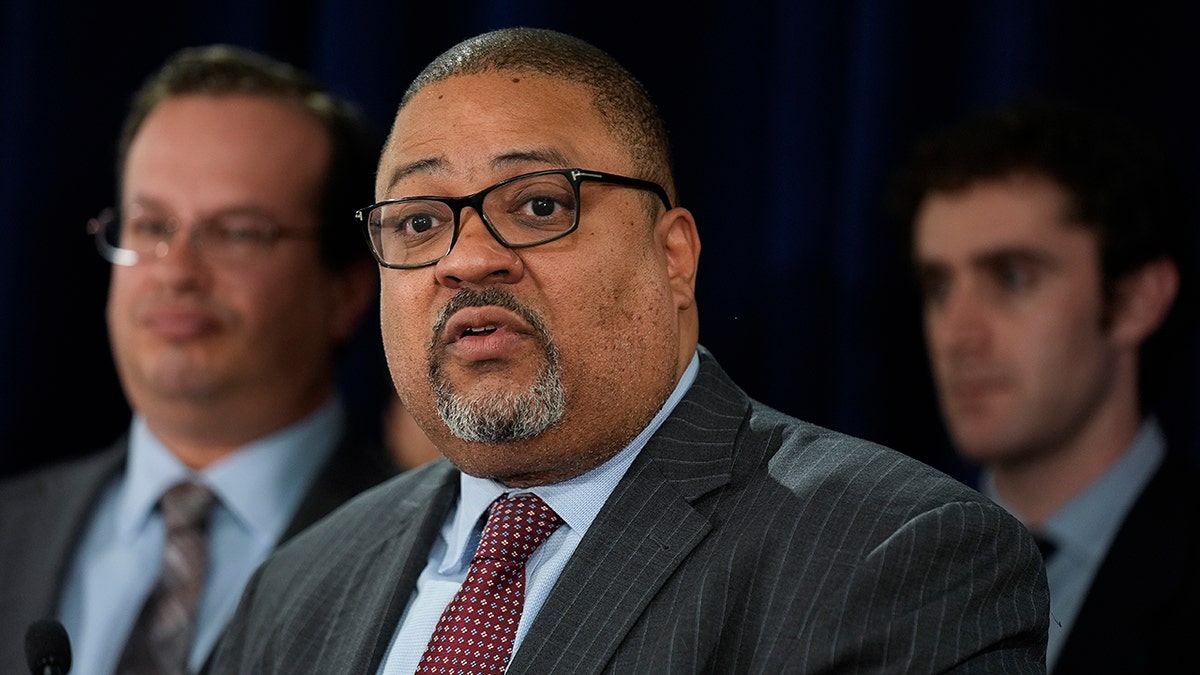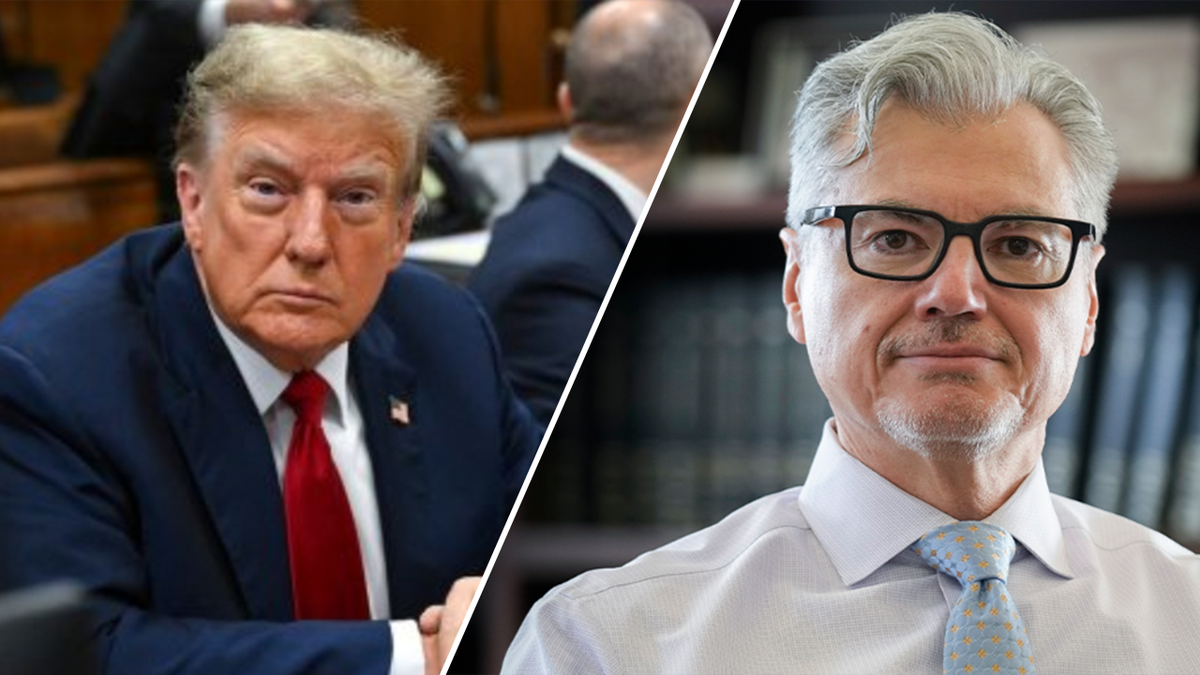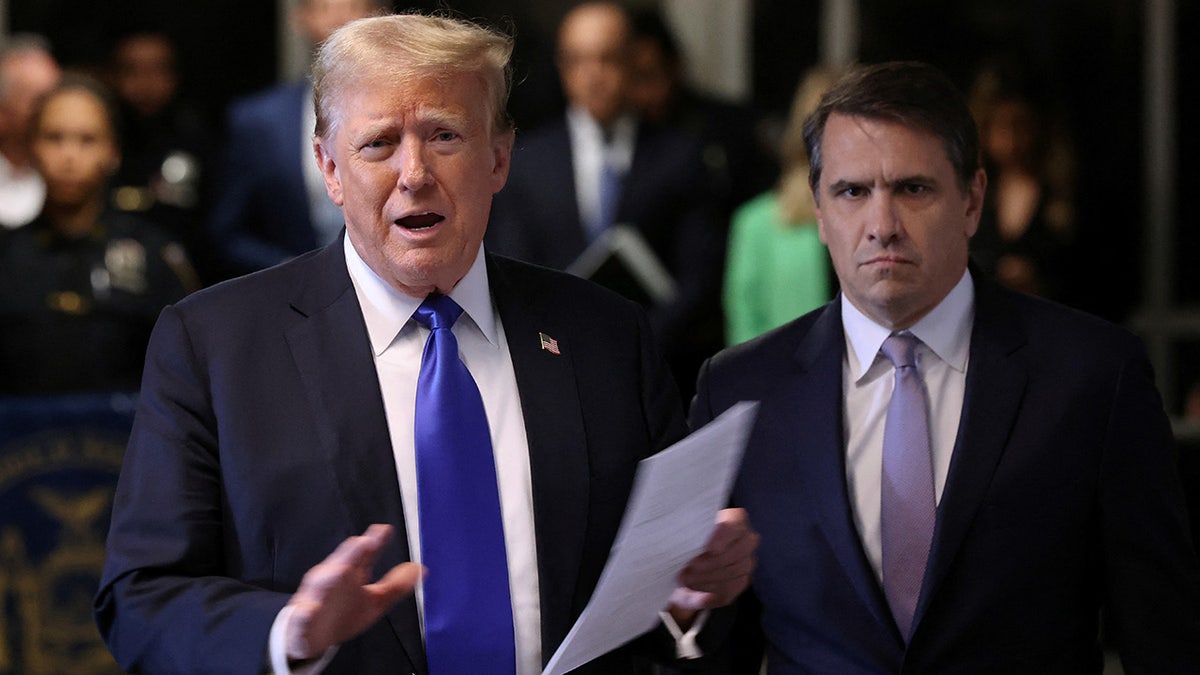New York Judge Juan Merchan on Tuesday is expected to decide whether to uphold or dismiss President-elect Donald Trump’s guilty verdict in Manhattan District Attorney Alvin Bragg’s case against him.
Trump pleaded not guilty to all 34 counts of falsifying business records in the first degree, but was found guilty in May after a six-week-long unprecedented criminal trial in New York.
Merchan is expected to issue a written opinion Tuesday on the president-elect’s request to toss his conviction. Merchan could order a new trial or dismiss the indictment and charges altogether.
Merchan was expected to rule in September, but wanted to “avoid any appearance” he was trying to influence the 2024 presidential election.
Trump is currently scheduled for sentencing on Nov. 26. The sentencing was first set for July 11th, but then was delayed until September 18. Merchan delayed that sentencing date again until after the election.
WHERE DOES TRUMP’S NEW YORK SENTENCING STAND AFTER MASSIVE ELECTION WIN?

Manhattan District Attorney Alvin Bragg speaks to the media after a jury found former President Donald Trump guilty on 34 felony counts of falsifying business records on Thursday, May 30, 2024, in New York. (AP/Seth Wenig)
Trump’s attorneys have requested that Merchan overturn the guilty verdict, citing the United States Supreme Court’s decision that former presidents have substantial immunity from prosecution for official acts in office. Trump’s legal team argued that certain evidence presented by Bragg and New York prosecutors during the trial should not have been admitted, as they were “official acts.”
Specifically, Trump attorney Todd Blanche argued that testimony from former White House Communications Director Hope Hicks; former Special Assistant to the President Madeleine Westerhout; testimony regarding The Special Counsel’s Office and Congressional Investigations and the pardon power; testimony regarding President Trump’s response to FEC Inquiries; his presidential Twitter posts and other related testimony was impermissably admitted during trial.

Former President Donald Trump attends the first day of his trial at Manhattan Criminal Court in New York City on April 15. Judge Juan Merchan poses for a picture in his chambers on March 14 in New York. (Angela Weiss/AFP via AP, POOL/AP)
Trump attorneys also pointed to Trump’s disclosures to the Office of Government Ethics as president.
TRUMP REQUESTS NY JUDGE OVERTURN GUILTY VERDICT, INDICTMENT AFTER SCOTUS IMMUNITY RULING
Blanche said that “official-acts evidence” that Manhattan District Attorney Alvin Bragg presented to the grand jury “contravened the holding in Trump because Presidents ‘cannot be indicted based on conduct for which they are immune from prosecution,'” the motion read. “The Presidential immunity doctrine recognized in Trump pertains to all ‘criminal proceedings,’ including grand jury proceedings when a prosecutor ‘seeks to charge’ a former President using evidence of official acts.”

Former U.S. President Donald Trump, alongside his attorney Todd Blanche, speaks to the media as he arrives for his criminal trial for allegedly covering up hush money payments at Manhattan Criminal Court on May 30, 2024 in New York City. Judge Juan Merchan gave the jury their instructions, and deliberations are entering their second day. The former president faces 34 felony counts of falsifying business records in the first of his criminal cases to go to trial. (Michael M. Santiago/Pool via REUTERS)
Blanche argued that Bragg “violated the Presidential immunity doctrine by using similar official-acts evidence in the grand jury proceedings that gave rise to the politically motivated charges in this case.”
“Because an Indictment so tainted cannot stand, the charges must be dismissed,” Blanche argued.
Blanche also explained that the Supreme Court’s decision does not allow for an “overwhelming evidence” or “harmless error” exception to “the profound institutional interests at stake.”
The Supreme Court’s 6-3 decision on presidential immunity came from a question that stemmed from charges brought against Trump in a separate, federal case brought by special counsel Jack Smith related to the events on Jan. 6, 2021 and any alleged efforts to overturn the results of the 2020 election.
Trump pleaded not guilty to all charges in that case.
CLICK HERE TO GET THE FOX NEWS APP
Smith is winding down his cases against Trump following his election as the 47th president of the United States.
Smith’s classified records case against Trump was dismissed by a federal judge in Florida earlier this year, who ruled that the special counsel was unlawfully appointed.
